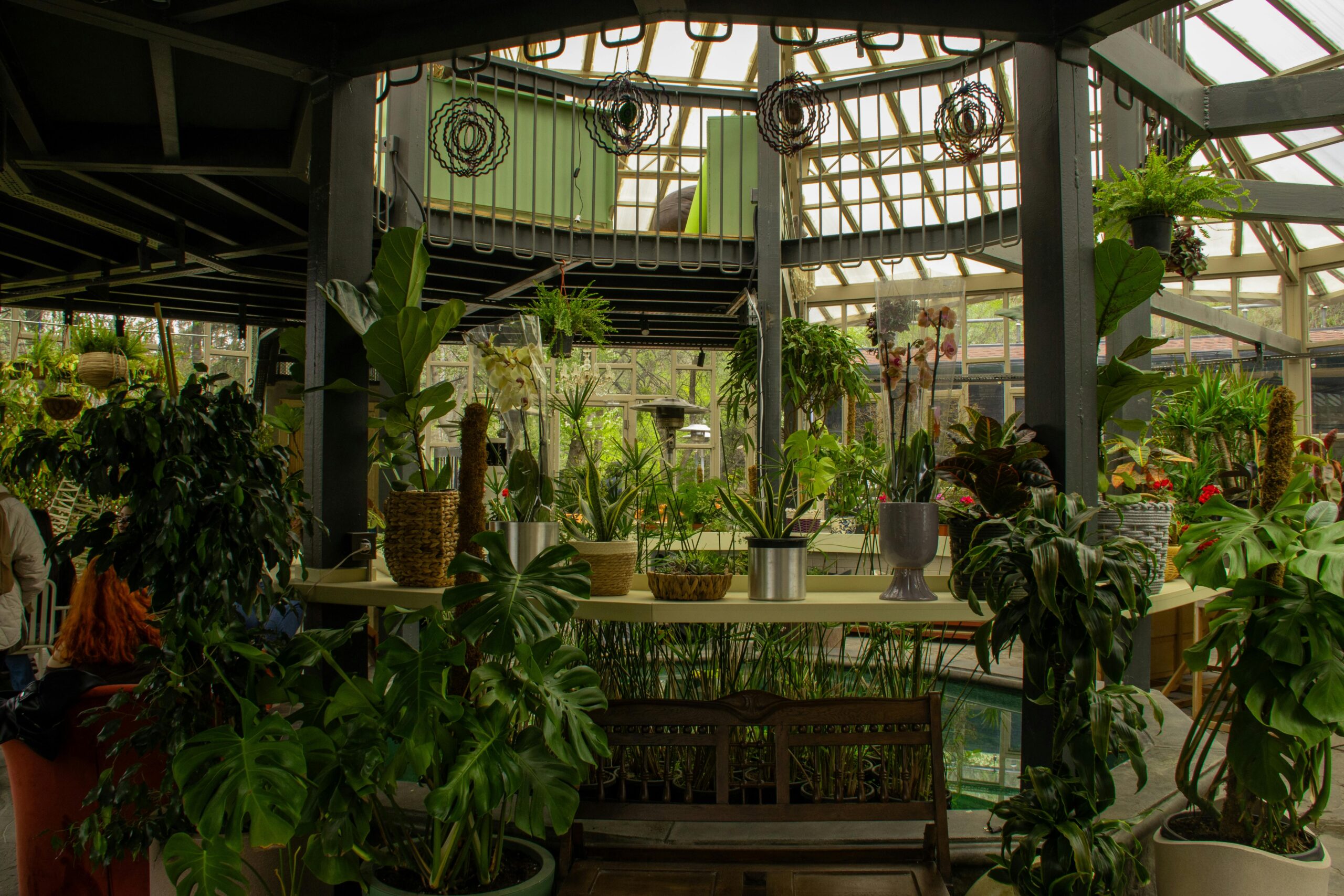Introduction to Eco-Friendly Pest Control
In today’s world, maintaining a sustainable lifestyle is more crucial than ever. As homeowners look to reduce their environmental footprint, natural pest control solutions have gained popularity. These methods not only protect your home from unwanted pests but also ensure that the environment remains unharmed. By opting for eco-friendly pest control, you can keep your home free from harmful chemicals and preserve the delicate balance of nature.
Traditional pest control methods often rely on synthetic chemicals that can be detrimental to both human health and the environment. These substances may lead to soil and water contamination, affecting local wildlife and ecosystems. In contrast, natural pest control solutions use organic and non-toxic ingredients, making them safe for children, pets, and beneficial insects.
Eco-friendly pest control methods include a variety of techniques such as biological control, cultural practices, and the use of natural repellents. By incorporating these strategies into your home maintenance routine, you can effectively manage pests without compromising your commitment to sustainability.
Biological Control: Harnessing Nature’s Helpers
Biological control is a method that involves using natural predators to manage pest populations. This approach capitalizes on the natural food chain, where beneficial insects and organisms help keep harmful pests in check. Introducing these natural allies into your garden or home can be an effective and sustainable pest control solution.
Some common biological control agents include:
- Ladybugs: These charming insects are voracious predators of aphids, mites, and other soft-bodied pests.
- Nematodes: These microscopic worms target soil-dwelling pests like grubs and rootworms, offering protection to your plants from below.
- Parasitic Wasps: Despite their intimidating name, these tiny wasps are harmless to humans and pets but deadly to many garden pests.
By introducing these beneficial organisms into your environment, you can naturally reduce pest populations without resorting to harmful chemicals. Additionally, creating a habitat that supports these helpful creatures—such as planting diverse flora and providing water sources—will encourage them to stay and thrive in your garden.
Cultural Practices: Building a Pest-Resilient Environment
Implementing cultural practices in your home and garden can significantly reduce the likelihood of pest infestations. These methods focus on altering the environment to make it less hospitable to pests, thereby preventing them from becoming a problem in the first place.
Key cultural practices include:
- Crop Rotation: By regularly changing the types of plants grown in a specific area, you can disrupt the life cycles of pests that specialize in certain crops.
- Proper Sanitation: Keeping your home and garden clean and free of debris reduces hiding spots and breeding grounds for pests.
- Companion Planting: Planting certain combinations of plants can naturally repel pests or attract beneficial insects. For example, marigolds can deter nematodes, while basil can repel flies and mosquitoes.
These practices not only help control pests but also promote a healthier and more productive garden. By understanding and implementing these strategies, you can create an environment that naturally resists pest invasions, reducing the need for chemical interventions.
Conclusion: Cultivating a Sustainable Home Environment
Adopting natural pest control solutions is a step towards a more sustainable and eco-friendly lifestyle. By utilizing biological control, cultural practices, and other non-toxic methods, you can effectively manage pest populations while minimizing your impact on the environment. These strategies not only protect your home and garden but also contribute to the well-being of the planet.
As you explore and implement these eco-friendly pest control methods, you will find that it is possible to maintain a healthy, vibrant home environment without compromising your commitment to sustainability. Embrace these natural solutions and join the growing movement of environmentally conscious homeowners dedicated to preserving our planet for future generations.






